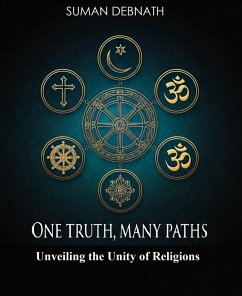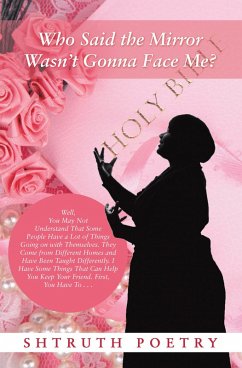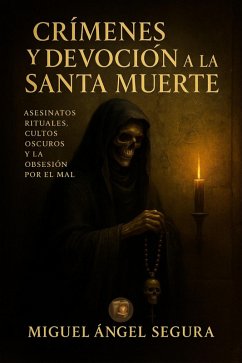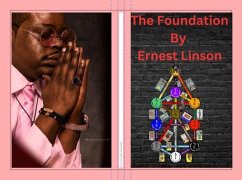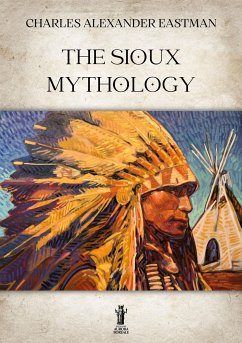
A Drama of the Great Initiation (eBook, ePUB)

PAYBACK Punkte
1 °P sammeln!
Charles Johnston (1867-1931) was an Irish writer, journalist, theosophist, linguist, naturalist, and Sanskrit scholar. Johnston He wrote numerous books on Indian philosophy, translating works from Sanskrit as well as on Theosophy. He was married to the niece of Madame Blavatsky and was involved in the development of the Theosophical Society in the United States. Johnston translated several works from Sanskrit and Russian. As an author, he devoted himself primarily to philosophical and theosophical topics, and wrote a great number and variety of articles and books, ranging from scholarly writin...
Charles Johnston (1867-1931) was an Irish writer, journalist, theosophist, linguist, naturalist, and Sanskrit scholar. Johnston He wrote numerous books on Indian philosophy, translating works from Sanskrit as well as on Theosophy. He was married to the niece of Madame Blavatsky and was involved in the development of the Theosophical Society in the United States. Johnston translated several works from Sanskrit and Russian. As an author, he devoted himself primarily to philosophical and theosophical topics, and wrote a great number and variety of articles and books, ranging from scholarly writings on scriptures to popular volumes of humor, travel, and history. The Johnston's article A Drama of the Great Initiation, which we propose to our readers today, was published in April 1919 on The Theosophical Quarterly Magazine by The Quarterly Book Department, publishing arm of The Theosophical Society. It constitutes an esoteric and initiatory analysis of Percy Bysshe Shelley's famous work Prometheus Unbound, completed by the great English romantic poet in Rome in 1819. According to Johnston, «Prometheus Unbound is not only Shelley's greatest work-a judgment in which the best critics of pure literature concur; it is not only greater than any other work belonging to one of the greatest and richest periods of English poetry-and this means the best poetry of the modern world; it is, in a certain deep and true sense, the greatest poem, the greatest drama in the English tongue; greater than anything since Dante, and to be compared, in all literature since Homer's day and in the Western world, with two poems only: the Divina Commedia of Dante and the Prometheus Bound of Æschylus».
Dieser Download kann aus rechtlichen Gründen nur mit Rechnungsadresse in A, B, BG, CY, CZ, D, DK, EW, E, FIN, F, GR, HR, H, IRL, I, LT, L, LR, M, NL, PL, P, R, S, SLO, SK ausgeliefert werden.




